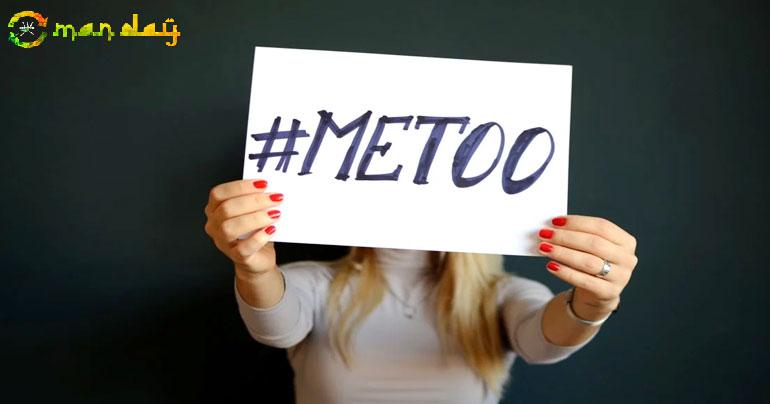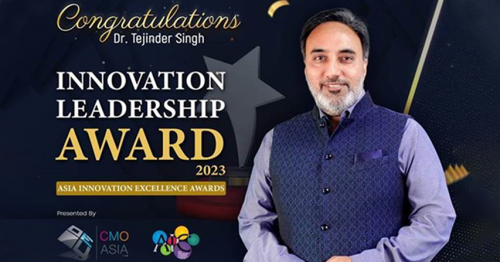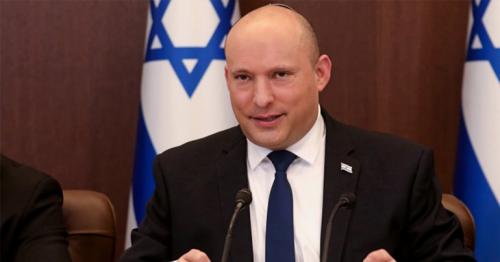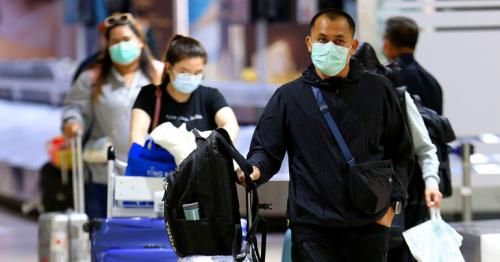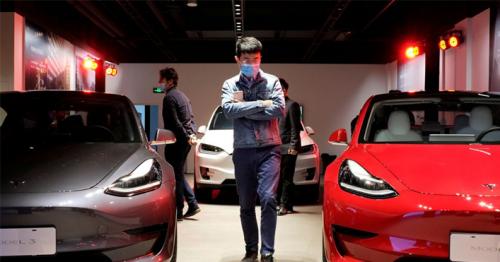Women’s Day: Fashion in the time of #MeToo
Fashion has always been a conversation starter. But can it raise issues and get people talking? For sure, if you go by recent events.
In the recently-concluded New York Fashion Week, designer Prabal Gurung — who last year came out with a range of hard-hitting ‘feminist’ message tees — made his diverse set of models walk without music for his finale. They walked to the sound of scattered applause and their own feet on the floor, each clutching the white rose that has become a symbol of the #MeToo movement. The collection was inspired by two female-dominated societies: matriarchal Mosuo tribe of China and India’s activist Gulabi Gang. Bottomline: In an era of speaking out, fashion can’t be tone deaf.
Designer Anita Dongre says, “The #MeToo fashion protest at the Golden Globes red carpet was proof enough, how powerful visual solidarity could be.” FYI, actors at the Golden Globes, and the Baftas, decided to wear black to protest against sexual harassment at the workplace. She adds: “Fashion can be a powerful tool of influence, if channelled right.”
FASHION WITH PASSION
Fashion forecasters have predicted that post the awards season, the runways are bound to be filled with clothes representing political messaging and feminist battle cries. The question now remains, has fashion stopped being size-ist? There is a change, notes designer Payal Khandwala, who is known for creating a new ethic – India Modern. She says, “My team consists of women of all shapes and sizes, young girls, married women and mothers. We make clothes that are practical, comfortable and inclusive. My team tries them on to help with fit and proportions so that we don’t only use a sample size for grading.”
There are many more designers joining the ranks who don’t just follow trends, don’t make clothes that compel women to suck their tummy in, go on crash diets and in general be critical about their bodies. Case in point: new boutique brands like Runaway Bicycle, Khara Kapas, Three, Doodlage, Karnam Clothing, Bodice, Eka, that tend to veer towards easy fits. Khandwala says, “I hope that we make clothes that are proportioned well to suit all bodies, are not fitted but instead allow the body to breathe and empower the women who wear them.”
BEAUTY BASICS
For some years now, fashion has been all about celebrating difference – in skin colour, hair and notions of beauty. Fashion magazines have been regularly called out for airbrushing, cleaning up, making models appear thin or homogenising the concept of beauty. Dongre is clear that fashion can be a powerful messaging tool but to empower women truly one has to deliver economic empowerment. Dongre employs close to 18,000 people – a large part of whom are women. “I see the sense of pride women get when they start making money; they have tasted freedom, and it’s so important for a woman to have money that’s her own – it’s a total game changer,” she says.
Things are changing but it will be a while before we are more accepting of women, our bodies and diversity. As Khandwala says, “It is integral that the message the fashion industry sends, is that of inclusiveness, not one that shames us for not being a certain type. We must treat women like we treat men, not objectify them. It is a dangerous climate to bring up our daughters in and the only way to change it is, if people in positions of power, designers, magazines, advertisers act responsibly and the dream we paint is more realistic.”
In the face of body positivity movements, various laws have been put in place. Today, there’s far more diversity on the ramp, once reserved for size zero. I am hoping this will inculcate a healthy body image. Women, after all, aren’t a sum of their body measurements
— Anita Dongre, Designer
The gaze with which we see women has to change. We have to propose an alternative that truly works for women who don’t want to look and act like dolls. And as long as we Photoshop every image, where women have no lines, no flaws, sometimes we have no armpits, we perpetuate the myth that imperfection is not acceptable.

In an era of speaking out, fashion can’t be tone deaf

Not one size fits all (left): Indian designers are debunking trends to create more ‘every’body friendly designs. Right message (center): In 2016, Prabal Gurung came out with a range of message tees, his models take to the silent with the #MeToo rose. In all fairness (right): Kangana Ranaut refused to endorse a fairness cream
tag: internationalnews , life
Share This Post

